Mohsen Jalilvand, in an interview with the website of the Strategic Council on Foreign Relations, said: “Recent developments in defense policies and NATO’s nuclear exercises once again show that the world is on the path to redefining the concept of deterrence; a path that, from the perspective of many analysts, could lead to intensified tensions and global instability. NATO’s recent exercise, which was centered on nuclear deterrence and accompanied by statements from the organization’s Secretary-General, Mark Rutte, sent a clear message to NATO’s rivals that the West is seeking to demonstrate its nuclear power and is not willing to retreat in the face of Russian threats.”
He added: “Nuclear deterrence is meaningful when it is based on stability, trust, and dialogue, not on exercises and mutual threats. When NATO holds such maneuvers under the pretext of countering Russia, it actually paves the way for a similar reaction from Moscow and an increase in strategic tensions.” This professor of international relations added: “Russia has repeatedly warned that NATO’s provocative actions could lead to direct conflict between nuclear powers. In fact, the concept that was supposed to safeguard global security has now itself become one of the main sources of insecurity.”
Referring to the roots of the current developments, Jalilvand said: “The starting point of the new cycle of nuclear competition must be sought in Donald Trump’s decision a few weeks ago to resume nuclear tests; a decision that effectively led to the withdrawal from the international arms control order, and its consequences are still ongoing.” He explained: “With this decision, the United States effectively nullified the Comprehensive Nuclear-Test-Ban Treaty and paved the way for reciprocal actions by other powers. Russia immediately spoke of the possibility of restarting its tests, and China also accelerated its nuclear arsenal modernization program. As a result, a cycle of global insecurity and distrust is taking shape.”
According to this analyst, “Now all major players are in a state of strategic suspension; none are willing to retreat, and any unilateral move could destroy the existing fragile balance. In such an environment, just one miscalculation could create an unmanageable crisis.” He added: “The resumption of US nuclear tests not only revived the motivation for an arms race among powers but also weakened the political legitimacy of non-proliferation regimes. Non-nuclear countries are now asking why they should adhere to treaties that the major powers themselves violate? This situation means a return to the Cold War era, with the difference that today more countries possess nuclear technology and controlling its consequences has become more difficult.”
Grossi’s Warning: Real Possibility of Nuclear Conflict
In another part of the interview, Mohsen Jalilvand referred to the recent statements by Rafael Grossi, Director General of the International Atomic Energy Agency, and said: “When Grossi speaks of the real possibility of a nuclear conflict, it is not just a symbolic warning, but a reflection of a dangerous reality in international relations.” He explained: “The Director General has correctly emphasized that ‘the nuclear dimension in global relations is witnessing an unprecedented increase in the level of tensions.’ The main cause of this situation is the power-oriented policies of the United States, Russia’s reciprocal reaction, and NATO’s entry into the nuclear competition arena.”
This international affairs expert added: “The five countries permitted to have nuclear weapons under the Treaty on the Non-Proliferation of Nuclear Weapons are effectively operating outside international legal frameworks in their competitive path. As a result, the shadow of nuclear war looms larger over the world, and the risk of nuclear weapons proliferation has increased more than ever before.” He noted: “The more worrying point is that the trend of reducing nuclear warheads, which began in the 1990s, has now stopped and even reversed; meaning the world has moved away from the path of disarmament and is heading towards rearmament.”
Jalilvand finally emphasized: “In such conditions, multilateral diplomacy and international institutions must play a more active role. If countries do not utilize the tools of dialogue and monitoring mechanisms, the likelihood of the worst scenario, namely a nuclear conflict, increases. Today’s world needs restraint, dialogue, and the restoration of mutual trust more than ever before, because the continuation of the current trend will threaten not only global security but the survival of the international system.”

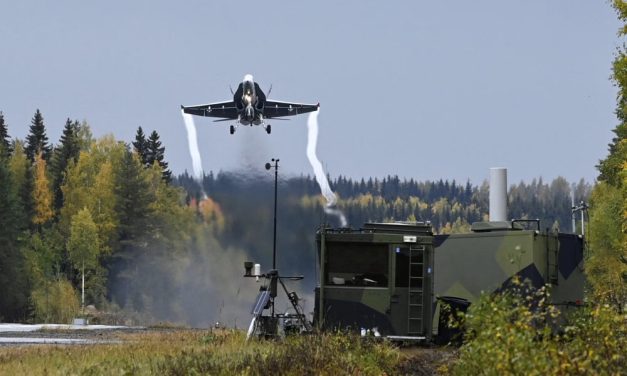
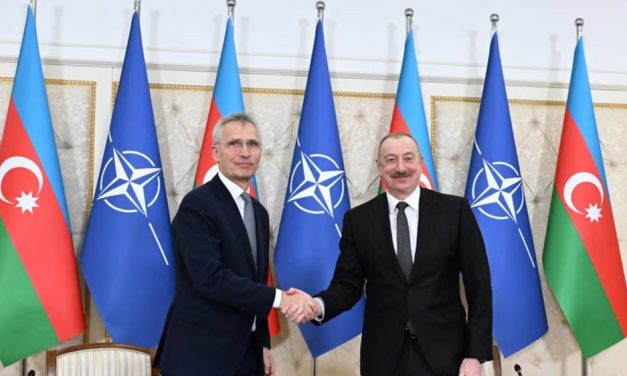
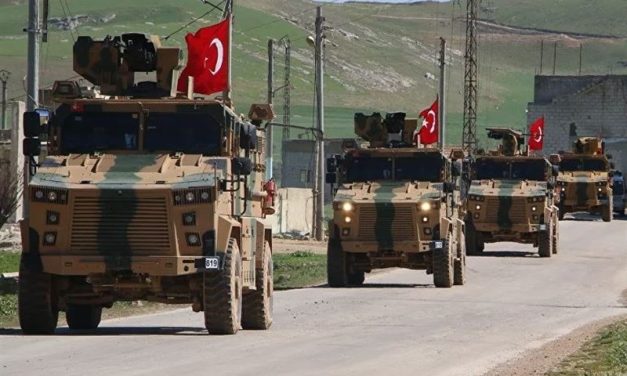
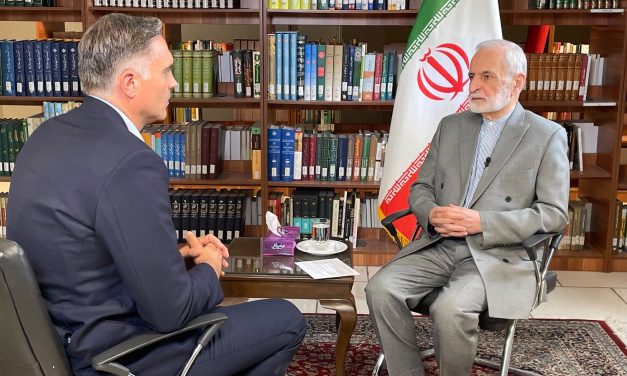
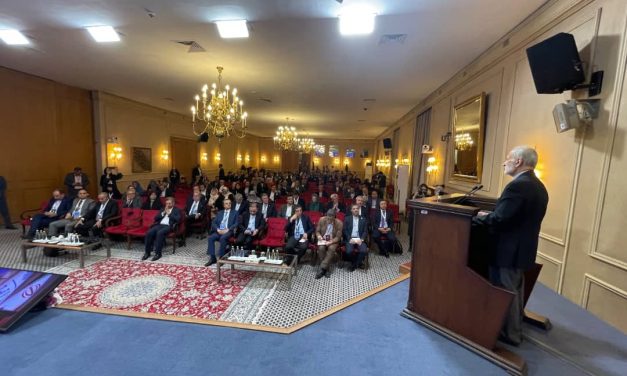
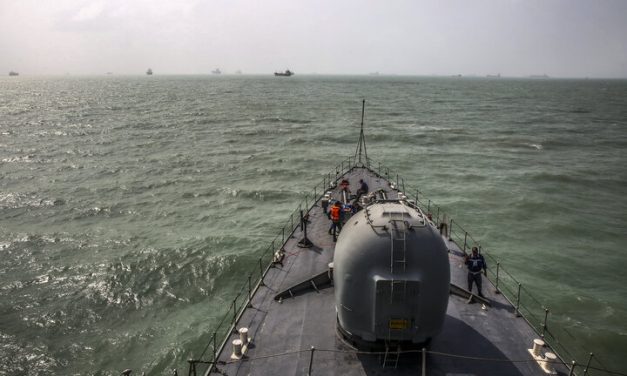

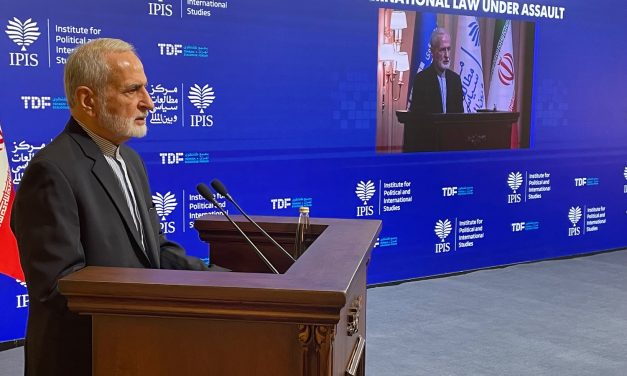

0 Comments